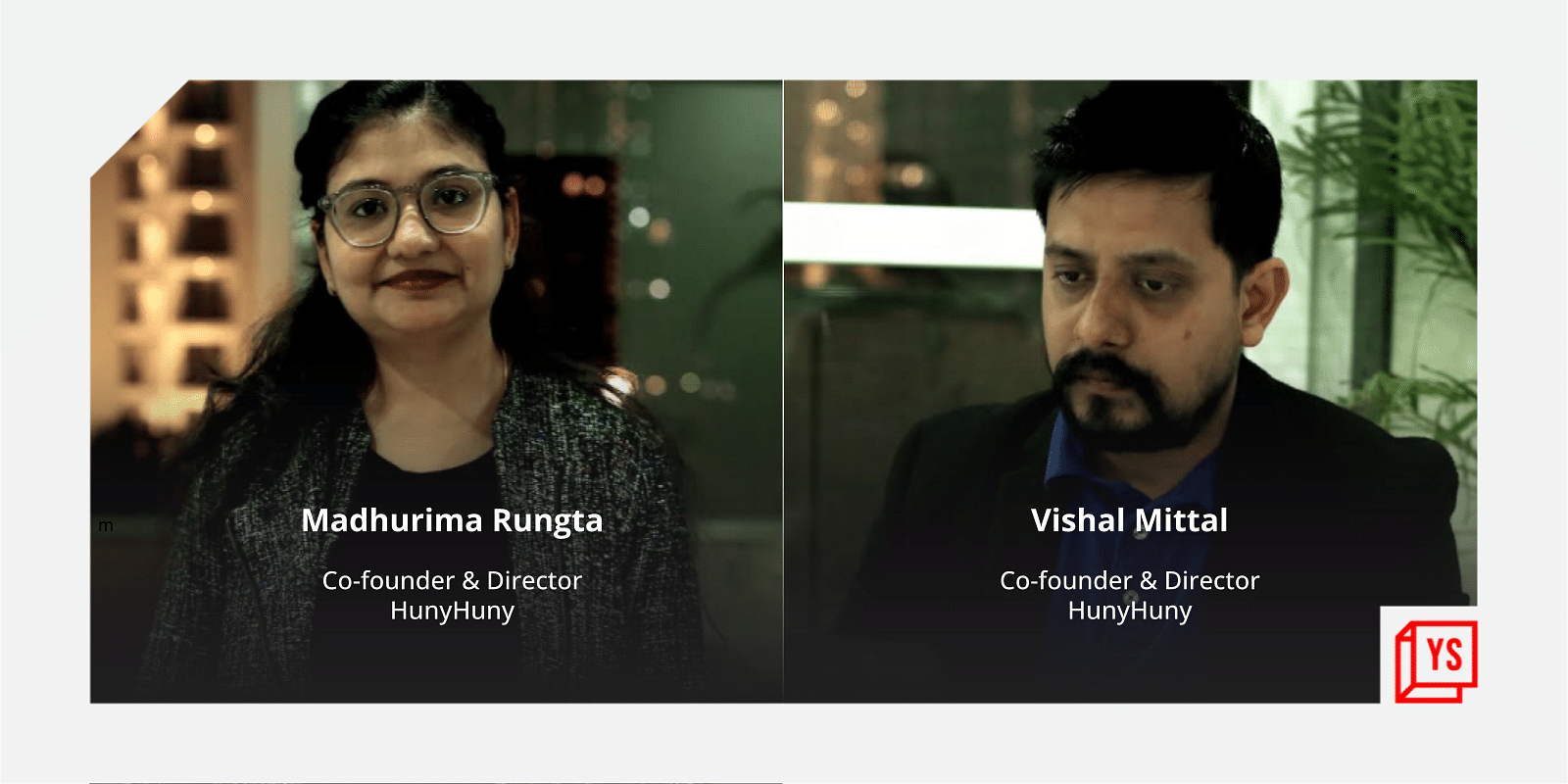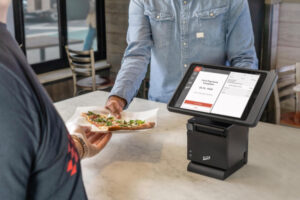In search of the very best products for their baby, husband-wife duo Vishal Mittal and Madhurima Rungta ended up founding HunyHuny in 2019. The Gurugram-based one-stop destination claims to offer everything essential for a complete parenting journey.
“It started with a very personal experience when we entered parenthood. So, in a way, we became parents of twin babies, our beautiful daughter and HunyHuny,” says Madhurima, the Co-founder and Director of the mother and baby brand.
She adds that when their daughter was born, they – like all parents – sought the best products for her through “online shopping and retail stores, and realised that parenting has essentially become a luxury”.
“For example, when we went to buy a baby cot there were only a few brands selling those products. The starting range was around Rs 40,000-Rs 50,000, which is way beyond the budget of an Indian middle-class parent. As the realisation dawned with the purchase of each baby product, the idea of venturing into the business popped up so that no Indian parent has to ever think twice about getting the basics for their babies,” she says.
Vishal is the former director of Rackspace and Tricore Solutions Pvt Ltd, while Madhurima is a qualified company secretary and “a visionary mom”. The duo decided to bootstrap the company with an initial investment of Rs 35 lakh.
As of now, the startup has approximately 170 SKUs. The product variants that it deals with range across seven categories: baby essentials, baby wear, baby furniture, baby transport, baby accessories, maternity lingerie, and maternity wear.
“We have a range of products, but the hot-selling items are HunyHuny baby cots and strollers,” Madhurima says.
HunyHuny sells via its website and also has three offline stores spread across Delhi-NCR.
“We have on-boarded Franchise India to start our stores pan-India, beginning with Tier 1 cities,” Madhurima says.
Starting from 180 customers to reaching more than 15,000 babies, HunyHuny claims to have seen a growth of 400 percent since inception. The customers are largely new parents and grandparents, with the majority of the orders coming from women and Tier 1 cities.
“Product quality and affordable pricing are the prime driving factors. Services like video calls are also arranged so a parent sitting anywhere can see and experience how the product will meet their baby’s needs. Also, as our products are delivered from factories directly to the consumer, it significantly cuts third-party costs,” Madhurima says.
HunyHuny manufactures its products in various parts of the world, including Delhi. “We engage small job workers to manufacture premium quality, international-standard clothing and essentials. Our baby transports and furniture are manufactured in China, Europe, and New Zealand,” Madhurima says.
The startup has a team of 18 members currently. Hemant Nayak, a friend and colleague of Vishal’s, joined HunyHuny as a Director and Chief Strategy Officer in 2020.
The market and future
According to a report by Data Bridge Market Research, the market size for baby products in India was $1.6 billion in 2020 and is expected to grow at a CAGR of 16.9 percent.
HunyHuny competes with numerous domestic and international players, including Chicco, Graco, Fisher Price, Mothercare, FirstCry, and many more.
But the startup believes it stands out in a crowded market on account of pricing, quality and uniqueness.
HunyHuny is closing this year’s balance sheet at approximately Rs 4 crore. Its revenue was Rs 80 lakh for FY21.
“The revenue generated from online sales is 80 percent and offline revenue is 20 percent,” Madhurima says.
The startup claims more than 14,000 orders annually from across India, including small towns of Odisha like Jharsuguda to those in Jammu and Kashmir. “We take pride in having word-of-mouth publicity.”
What’s next for the mother and baby products startup? The founders are looking to raise an investment of Rs 20 crore.
“Our plan is to open franchise stores all over India, in Tier 1 and Tier 2 cities in the next five years. We will also be moving to the international market, starting from the Middle East and Europe,” Madhurima says.






![Read more about the article [Weekly funding roundup] Indian startup ecosystem buzzing with IPO, M&A activity; venture investments decline](https://blog.digitalsevaa.com/wp-content/uploads/2021/07/Weeklyimage-1577460362436-300x150.png)



